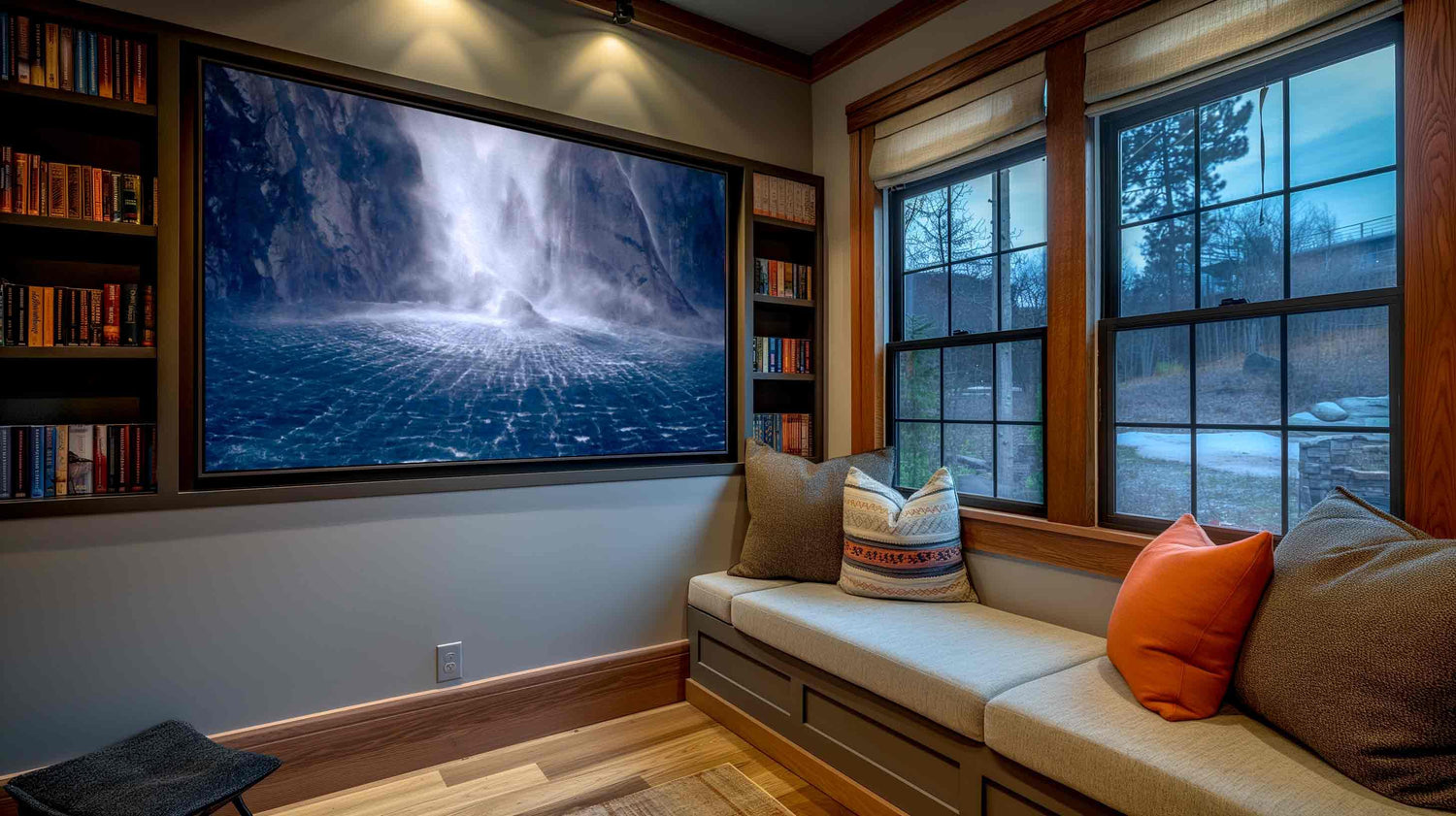
Mastering Music: Composing in Harsh Environments
Share
Exploring the Challenge: Composing Music in Harsh Environments
What Makes an Environment 'Harsh' for Musicians?
When we consider environments for musical composition, our minds often drift to quiet studios, perhaps a serene beach, or the calm of a secluded forest. But what happens when musicians find themselves in less than ideal conditions? Harsh environments can range from physically extreme locations like deserts and frozen landscapes to chaotic urban settings or even emotionally taxing situations such as conflict zones.
The Impact of Harsh Conditions on Creativity
It's crucial to understand how such challenging conditions can actually fuel creativity. Historically, artists and composers like Ludwig van Beethoven and Pyotr Ilyich Tchaikovsky have demonstrated that personal and environmental hardships can forge profound musical works that resonate across generations. But what is it about harsh environments that might stimulate creativity?
- Stress and Emotional Depth: Stressful conditions can evoke powerful emotions that can translate into deeply expressive music.
- Isolation: Being removed from normal distractions can lead to introspection and novel thinking.
- Unique Sounds and Rhythms: Uncommon environments can provide unique sounds that inspire original compositions.
Case Studies: Composers Who Thrived in Adversity
Famed Russian composer Dmitry Shostakovich created some of his most impactful works during the siege of Leningrad, a period of intense conflict and suffering. The harrowing experience shaped his Symphony No. 7, known as the Leningrad. The piece is not only a musical triumph but also a powerful act of artistic resistance. Shostakovich is quoted as saying, Music is a weapon in the war against unhappiness. This illustrates how a tumultuous environment can enhance the emotional gravitas of musical compositions.
Another intriguing example is the British composer Benjamin Britten, who composed the opera Peter Grimes while facing social isolation and criticism. This isolation, rather than stifling his creativity, ignited a spark that led to one of the most important operas of the 20th century.
Strategies for Composing in Tough Conditions
For musicians and composers who find themselves in challenging conditions today, there are several strategies to harness creativity:
- Echoing Natural Elements: Using the specific elements of your environment in your composition. For example, mimicking the rhythmic patterns of winds or the melodic sounds of wildlife.
- Mental and Physical Preparation: Adapting to harsh conditions often requires physical endurance and mental resilience. Techniques such as mindfulness and meditation can fortify creative minds against the challenges they face.
- Embracing Limitations: Limitations can breed creativity because they force musicians to work within strict confines, often leading to innovative solutions and new styles.
Emotional and Environmental Harmony
Understanding and merging with one's environment emotionally and physically can lead to profound musical creations that resonate with authenticity. Composer John Cage once said, Every something is an echo of nothing. He embraced the concept of making music that reflects not only sounds but also the silences and the absence of traditional harmony, demonstrating that environments lacking musicality are themselves music.
Conclusion: The Symphony of Survival
Composing in harsh environments is more than an artistic challenge; it is a testament to the human spirit's resilience. The very act of creating music in adverse conditions is a rebellion against the environment itself—a declaration that beauty, complexity, and expression can flourish, even in the least conducive circumstances.
As creators and appreciators of music, we should consider not just the sound, but the context of the composition. Reflect on this: how does environment shape the music you love? How might listening change if you consider the circumstances of its creation?
Call to Action: For musicians looking to push their creative boundaries, consider stepping out of your comfort zone. Engage with new environments, embrace the challenges they present, and explore how they might shape your next musical masterpiece.





